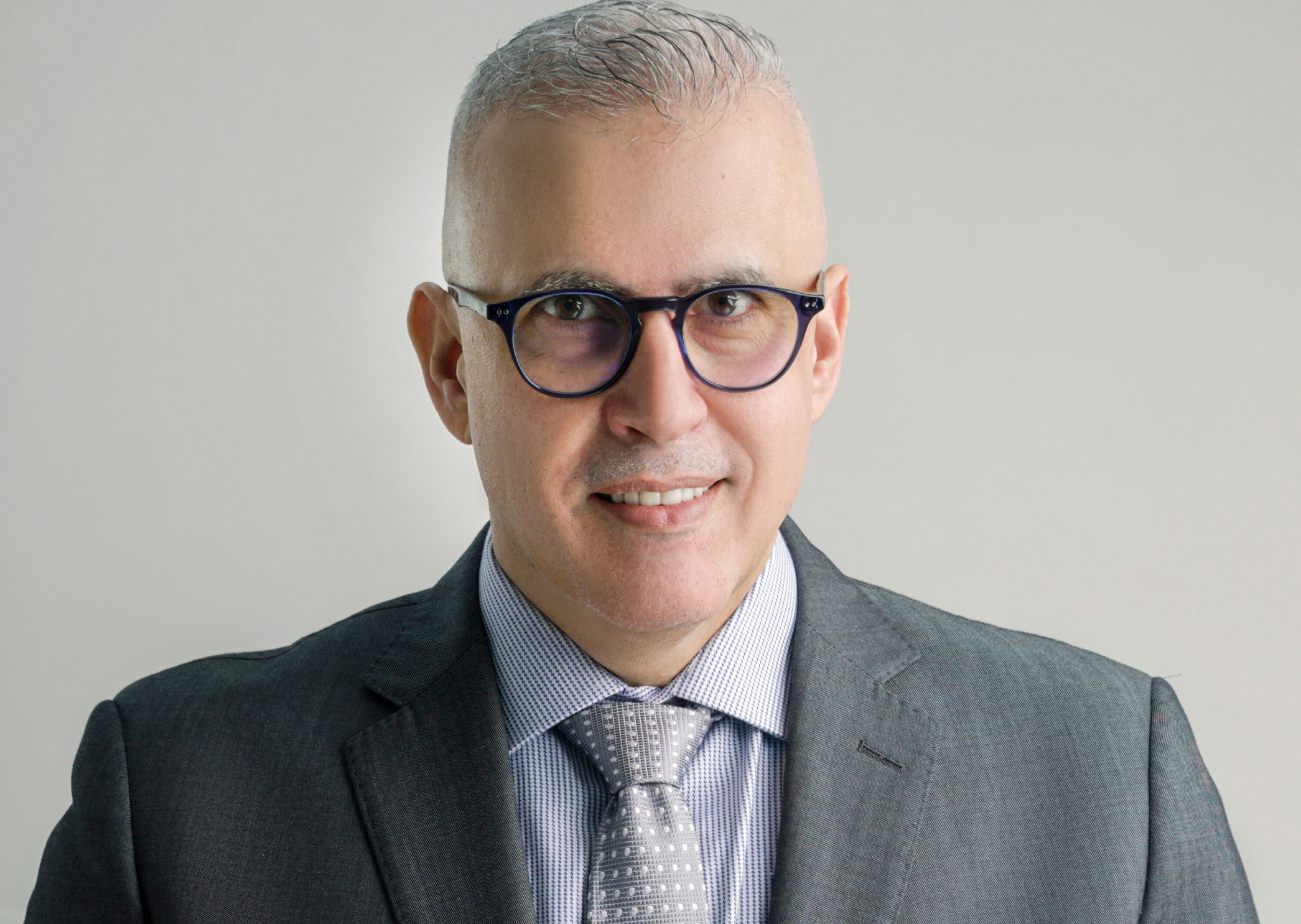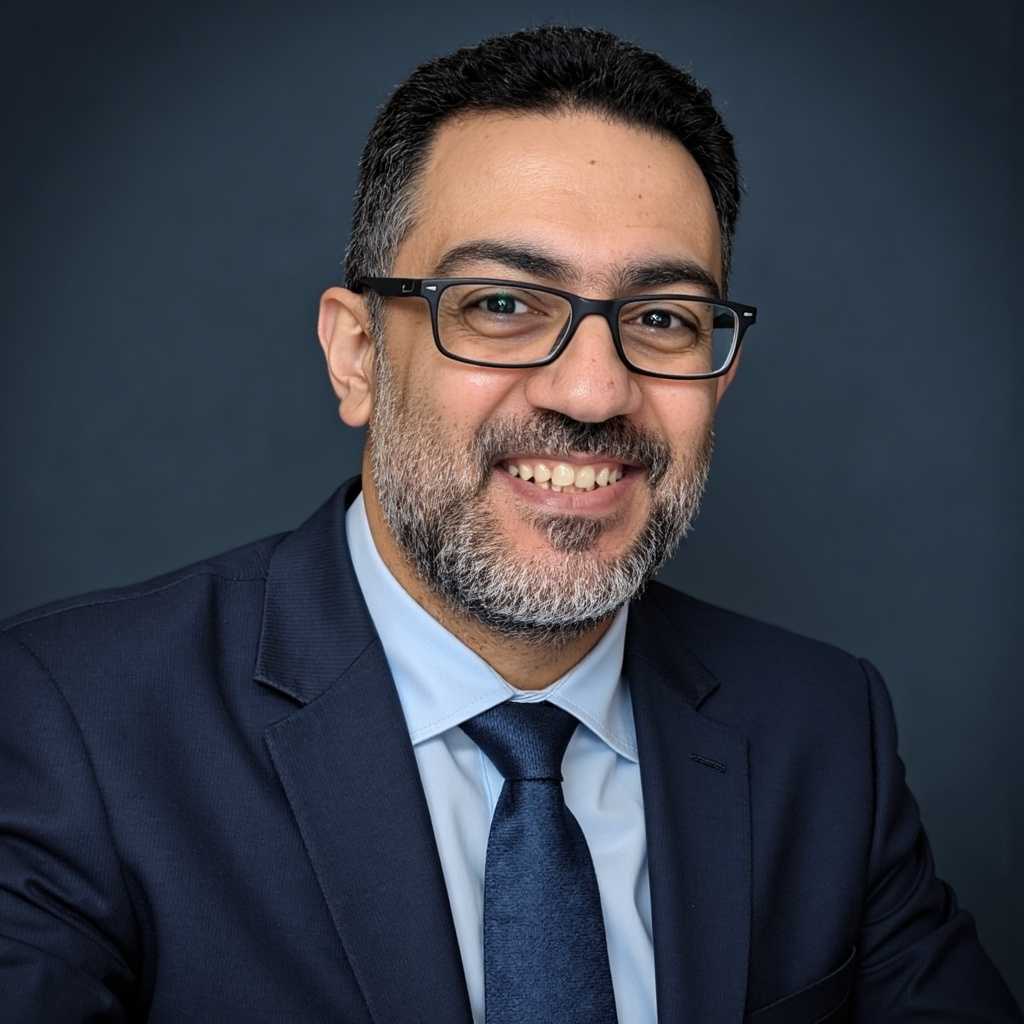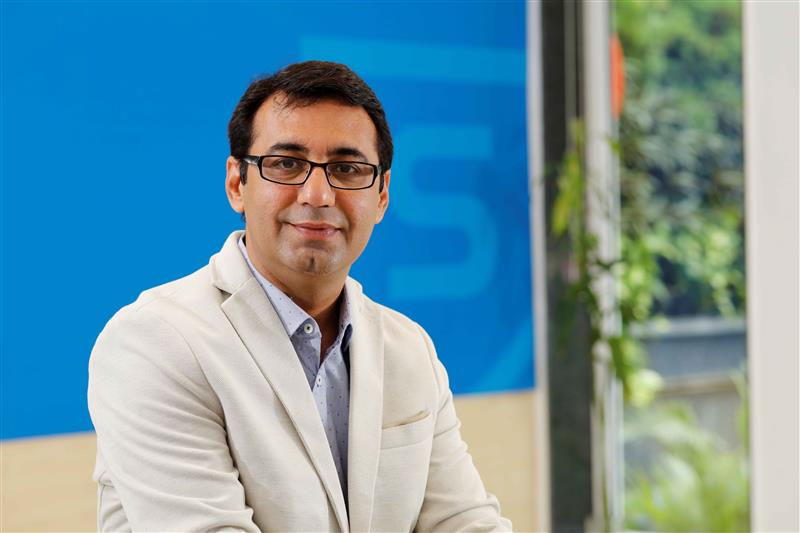 Ned Baltagi, Managing Director, Middle East, Africa, and Turkey, at SANS Institute
Ned Baltagi, Managing Director, Middle East, Africa, and Turkey, at SANS Institute
Cybersecurity Stalwarts Champion Saudi Vision 2030 at Black Hat MEA with Advanced Digital Protections
Saudi Arabia continues to invest heavily in its digital infrastructure; these leading cybersecurity firms are crucial allies in the Kingdom’s journey toward a secure and innovative future. Collaborative and forward-thinking approaches ensure that as Saudi Arabia progresses towards Vision 2030, it does so with a robust cybersecurity framework that not only protects but also promotes a thriving digital ecosystem.
Saudi Arabia is geared up to welcome over 330 global cybersecurity influencers and experts from across the globe as it hosts Black Hat MEA along with 30 Black Hat trainers, and hundreds of ethical hackers. The event will help gain insights on safeguarding critical infrastructure from criminal networks, actionable prevention strategies, and cyber tactics.
As Saudi Arabia propels its ambitions for a digitally transformed future under Vision 2030, the stakes for cybersecurity couldn't be higher. With an investment surpassing SR13.3 billion in 2023, reflecting a significant 10.83% increase from the previous year, the Kingdom is not just scaling its digital infrastructure but is also fortifying its cyber defenses.
Leading cybersecurity companies have adopted robust strategies and innovations tailored to bolster the Kingdom's cybersecurity posture in line with these transformative objectives.
SentinelOne, a global leader in AI-powered cybersecurity headquartered in the United States, remains steadfast in its mission to deliver world-class cyber defense, enabling a secure and prosperous future for the Kingdom.
Meriam ElOuazzani, Senior Regional Director META, SentinelOne, said: “The Kingdom is solidifying its position as a leader in digital resilience and innovation, and these investments are pivotal to achieving Vision 2030, which prioritizes a secure digital infrastructure as a foundation for economic diversification and technological advancement.”
The company’s local entity in the Kingdom, with a dedicated team of experts on the ground, provides organizations of all sizes, across industries, with cutting-edge solutions that empower them to strengthen their defenses against evolving threats, ensuring seamless protection for their endpoints, identities, and workloads.
“Beyond our technical prowess, SentinelOne is deeply invested in the community. We actively participate in major national initiatives, such as LEAP to foster collaboration and drive innovation in the cybersecurity ecosystem and are committed to nurturing local talent and contributing to the growth of the Saudi cybersecurity sector,” said ElOuazzani.
Sophos will highlight the latest advancements in cybersecurity, including Sophos Firewall, which offers network security with advanced threat protection, web filtering, and secure VPN access, ensuring that businesses can protect their networks from even the most sophisticated attacks.
The company will also focus on Sophos Managed Detection and Response (MDR), a comprehensive threat detection service that combines machine learning and expert human analysis. By integrating Sophos Firewall with MDR, we aim to deliver comprehensive end-to-end security solutions that align seamlessly with the Kingdom's strategic vision for a resilient and secure digital infrastructure.
Harish Chib, VP Emerging Markets, Middle East & Africa, Sophos, said: “Sophos is committed to helping organizations across the Kingdom strengthen their cybersecurity defenses in alignment with Vision 2030. Our approach combines cutting-edge technology, threat intelligence, and tailored solutions designed to protect organizations of all sizes against evolving cyber threats. By focusing on proactive threat detection, response capabilities, and continuous education, Sophos empowers organizations to build resilient cybersecurity frameworks that support the national vision of a digitally secure future.”

Khalid Aljamed, VP for KSA, Nozomi Networks
Saudi Arabia has also been actively empowering the nation by widely promoting skills and tools needed to sharpen defenses against cyberattacks. Ned Baltagi, Managing Director, Middle East, Africa, and Turkey, SANS Institute, said: “Saudi Arabia’s investment in cybersecurity highlights a bold commitment to aligning with Vision 2030's digital transformation goals. At SANS Institute, we are directly supporting this vision by empowering organizations with the advanced skills and tools they need to tackle the region’s unique cybersecurity challenges.”
Through localized initiatives like the SANS Cyber Safari training program, SANS Institute focuses on developing Saudi talent with practical, hands-on expertise to defend against real-world threats. By delivering targeted training in key areas such as cloud security, industrial control systems, and AI-driven defense, the company helps organizations strengthen their cybersecurity posture while fostering a skilled workforce that is critical to achieving Vision 2030.
“We also collaborate closely with Saudi organizations to provide threat-specific insights and strategic guidance, ensuring their cybersecurity strategies are both proactive and resilient. Certifications like GIAC, coupled with scenario-based learning, enable teams to adapt quickly to evolving attack vectors. Our approach isn’t just about training—it’s about building a long-term culture of security that supports Saudi Arabia’s aspirations as a global leader in technology and innovation,” said Baltagi.
Nozomi Networks helps organizations strengthen their cybersecurity posture by safeguarding Operational Technology and Critical Infrastructure in alignment with Vision 2030 objectives. The company’s solutions provide real-time visibility, advanced threat detection, and actionable insights across OT, IoT, and Critical National Infrastructure (CNI). Khalid Aljamed, VP KSA, Nozomi Networks, said: “We also support organizations in mapping their security strategies to the NCA regulations, specifically focusing on the Operational Technology Cybersecurity Controls (OTCC) requirements, ensuring compliance while addressing the unique challenges of industrial and operational environments. By aligning with these frameworks, we help organizations mitigate risks, maintain operational continuity, and contribute to Vision 2030’s goals of innovation, resilience, and sustainability.”

Maher Jadallah, Vice President, Middle East North Africa, Tenable
Cloud computing is a cornerstone of Saudi Arabia's Vision 2030, fueling significant digital transformation across the Kingdom. By adopting cloud technologies, Saudi Arabia is enhancing its infrastructure efficiency, fostering innovation, and supporting economic diversification beyond oil. This strategic shift enables rapid deployment of digital services, improves accessibility and scalability for businesses, and promotes the development of smart cities. Moreover, cloud computing supports the integration of advanced technologies like AI and IoT, crucial for achieving the Vision 2030 goals of a digitally empowered economy and a sustainable future, positioning Saudi Arabia as a global leader in technological innovation.
“Cloud computing is driving the digital transformation that’s pivotal within the Kingdom of Saudi Arabia’s Vision 2030 program. Harnessing cloud technology securely will prove imperative. Tenable’s AI-powered Cloud Security solution supports securing The Kingdom Of Saudi Arabia's Cloud-First, Digital Vision 2030,” said Maher Jadallah, Vice President, Middle East & North Africa, Tenable.
Cloud security involves layers of defense to prevent breaches if a given layer fails. A toxic cloud trilogy — defined as any cloud workload having these three risk factors: a critical vulnerability, excessive permissions, and public exposure — effectively erodes these layers.
Toxic cloud trilogy increases risk by making the workload’s weaknesses easier for attackers to exploit — and making the scope of exploitation potentially greater. Bad actors seek out critical vulnerabilities or publicly accessible assets. Finding one, they can commandeer highly privileged permissions or roles to burrow their way in, accessing — and even exfiltrating — sensitive data. For example, an attacker can modify access policies or elevate privileges, moving laterally and deploying resources to gain access to even more sensitive areas.
“We can’t know what a malicious actor will do next, so we must control what we can. Security teams need context to unmask and prioritize security gaps like the cloud toxic trilogy and close such exposures swiftly,” added Jadallah.
As Saudi Arabia continues its transformative journey, the synergy between technological advancement and cybersecurity is vital, ensuring the nation's position as a global leader in digital innovation and security.
Harish Chib, VP Emerging Markets, Middle East & Africa, Sophos









